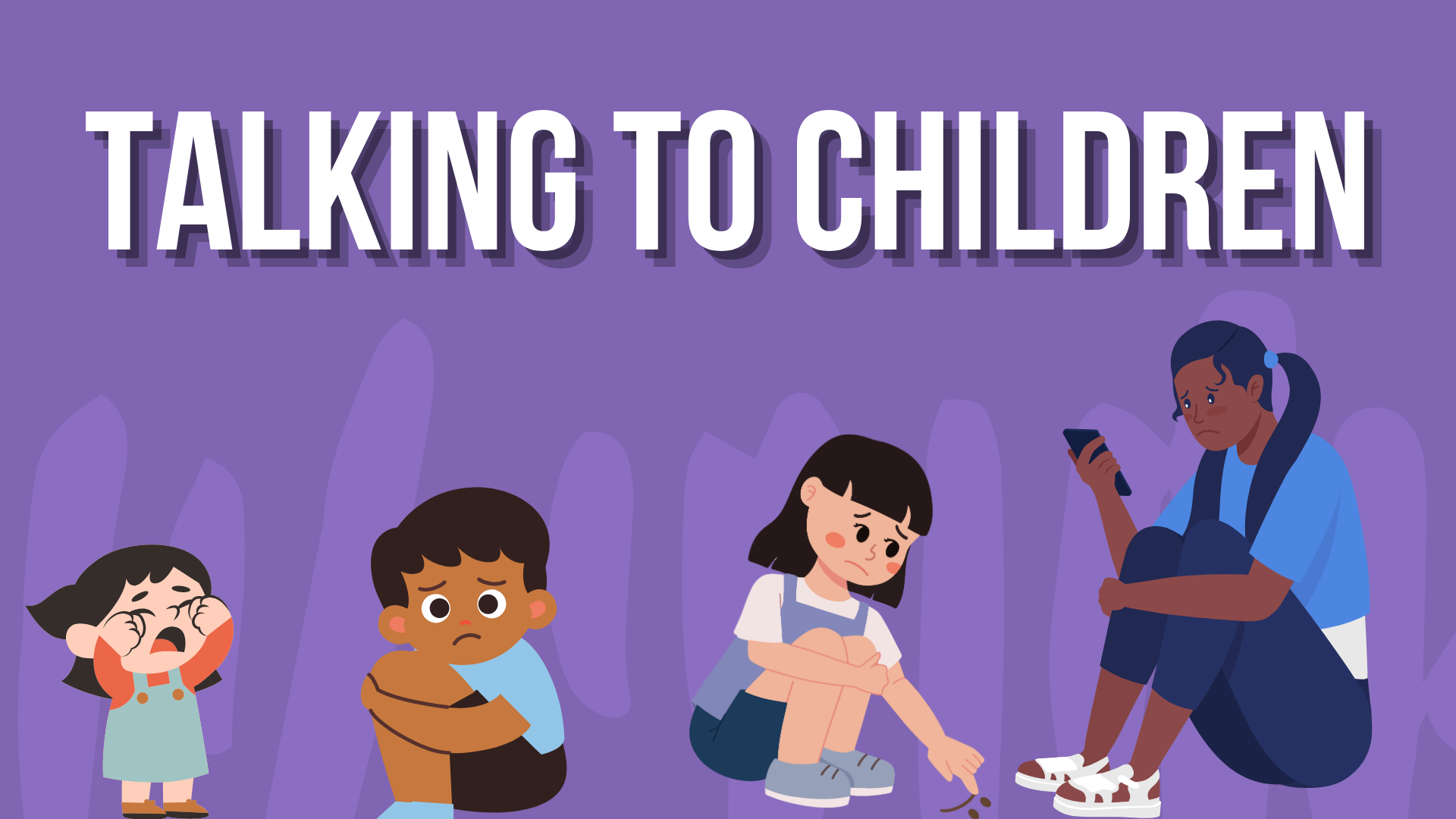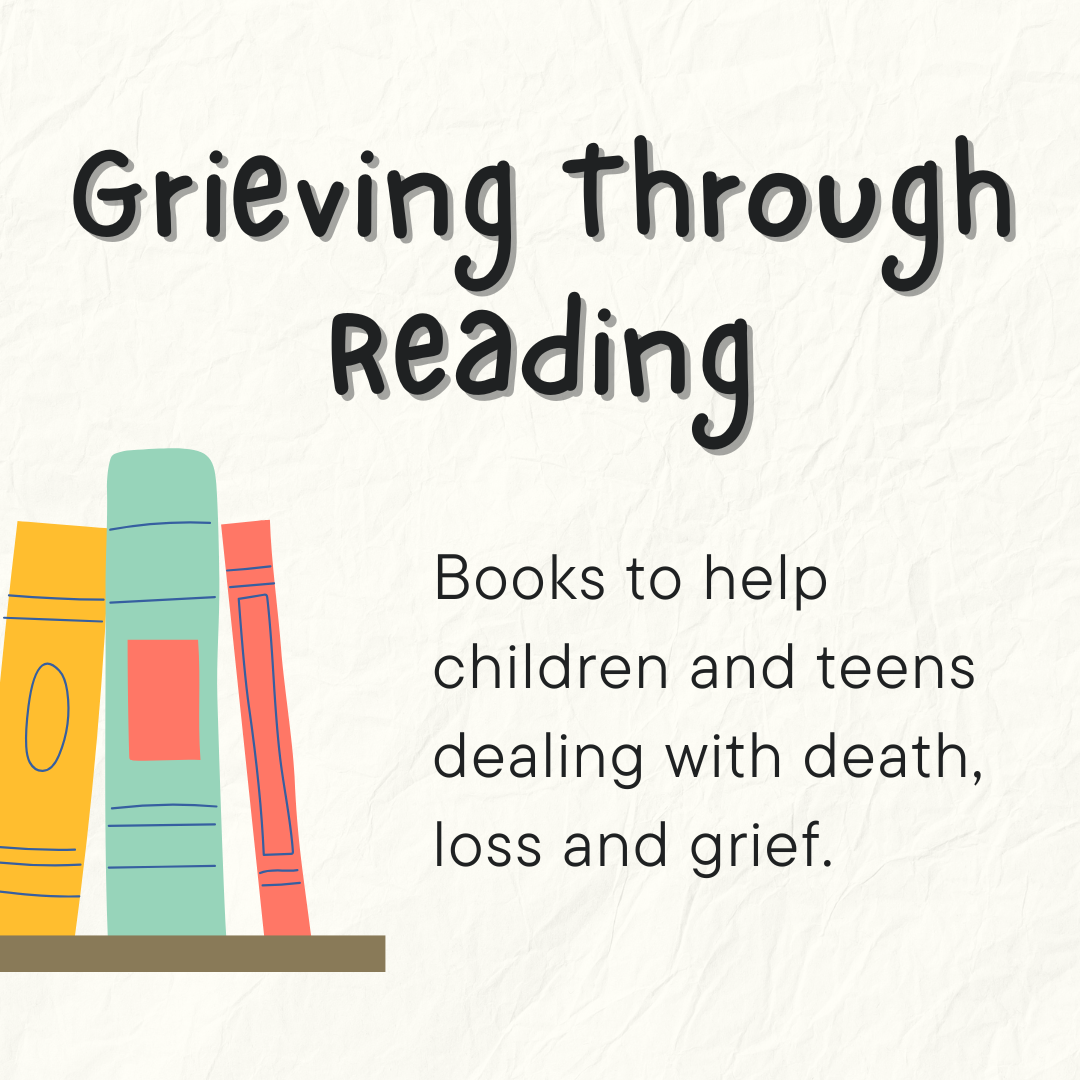What to Say to Children When Talking About Death
Explaining death and loss to children and teens can be difficult. Download our guide to help navigate those conversations.
Children and teenagers have special needs following the death of a friend or family member. The following resources provide wonderful insight in helping children and teens understand and express their grief.
Children benefit from clear, simple explanations. They can usually tell when adults are not being fully honest, which may cause them to feel insecure or lose trust. It’s often best to tell them directly, in simple terms, that the person has died. If you openly share your feelings and show interest in their feelings, children will feel safer to ask questions and share their emotions. This openness helps them understand death and feel supported.
It’s also normal for children to temporarily act younger than their age during times of grief, but this typically improves with time.

Explaining death and loss to children and teens can be difficult. Download our guide to help navigate those conversations.

Reading and journaling are a great way for children and teens to better understand death, loss and help them grieve. Download our guide “Grieving Through Reading” to help children and teens.